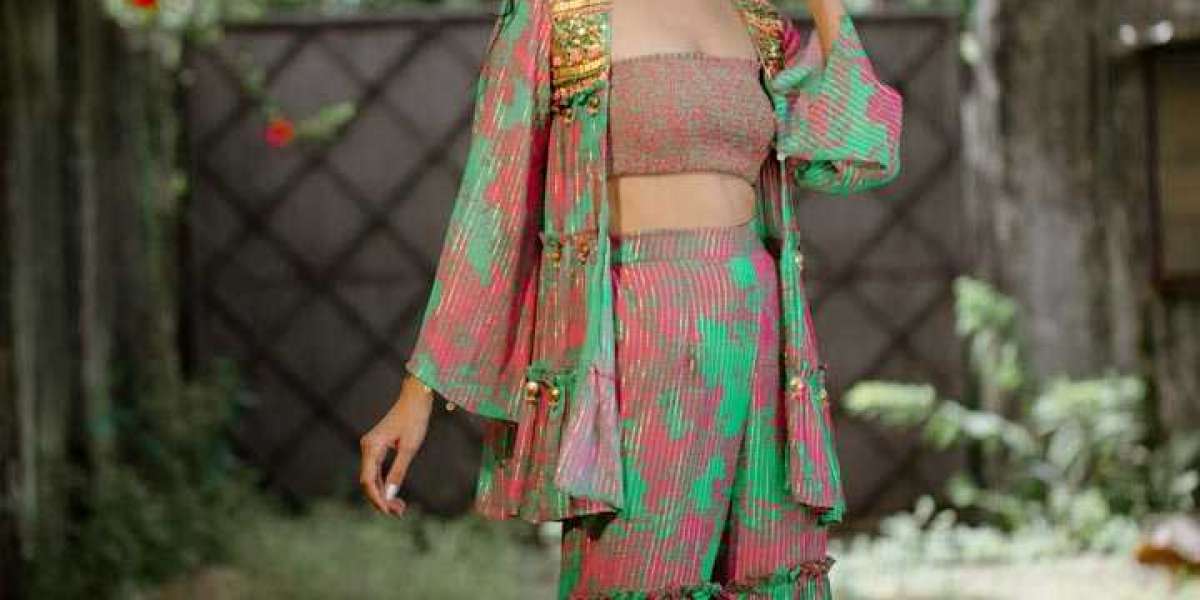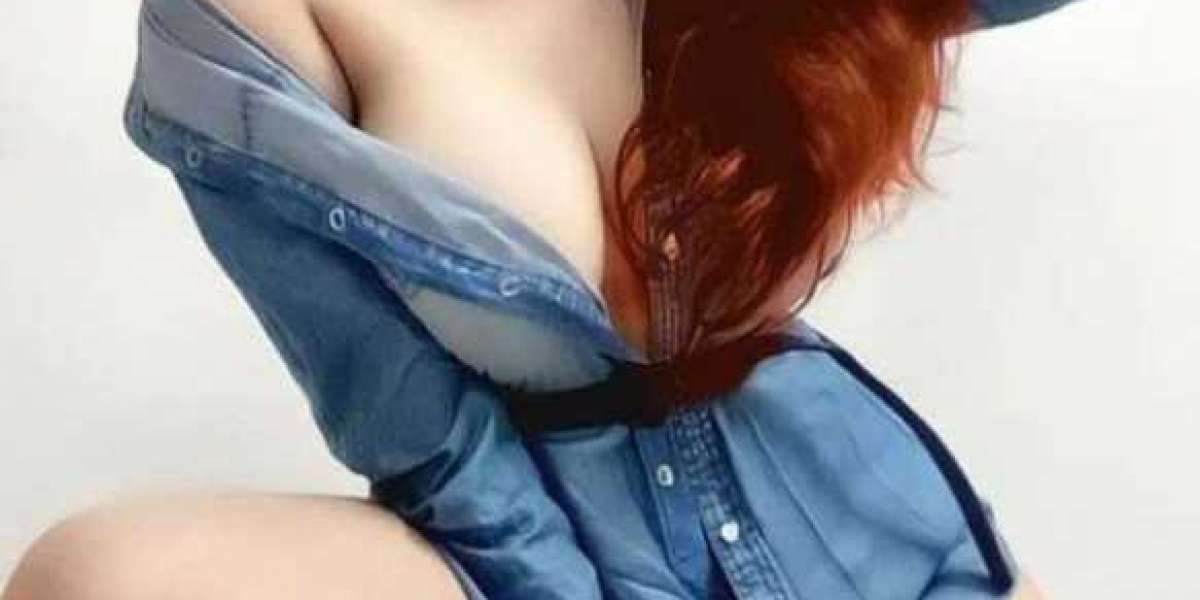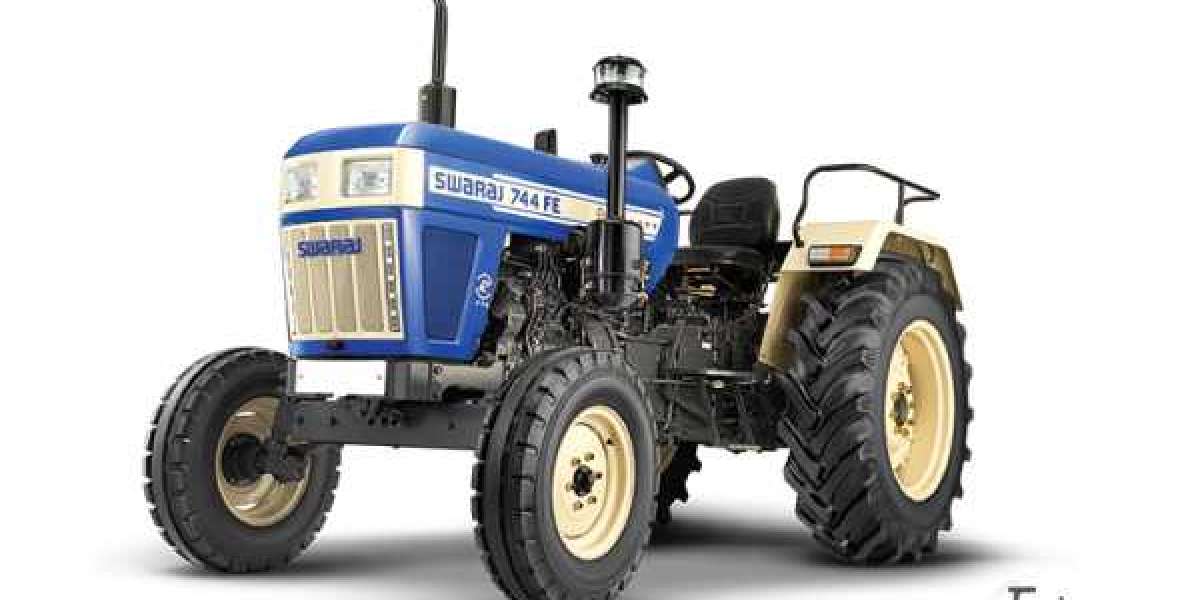Traditional, regal, and effortlessly graceful—the gharara suit holds a unique place in South Asian fashion. With its rich Mughal heritage and flared silhouette, this three-piece outfit continues to be a favourite among women for weddings, festive occasions, and cultural celebrations. Whether you’re a bride, bridesmaid, or wedding guest, the gharara suit offers a perfect balance of tradition and modern flair.
What Is a Gharara Suit?
A gharara suit typically includes:
Short kurti – often embellished with embroidery, zari, sequins, or mirror work
Gharara bottoms – fitted from the waist to the knees, flaring out dramatically with a visible joint or pleated seam
Dupatta – a flowing scarf that adds a touch of elegance to the entire outfit
The distinct knee joint in the bottoms is what sets a gharara apart from a sharara. The flare begins sharply at the knee, giving it a structured, voluminous appeal.
Why Choose a Gharara Suit?
Here’s why the gharara suit continues to captivate fashion lovers:
? 1. Mughal-Inspired Royalty
Originating from the nawabi culture of Lucknow, ghararas were traditionally worn by royalty. Today, they remain a symbol of vintage charm and cultural richness.
✨ 2. Graceful Silhouette
The sharply flared bottom and fitted upper portion of the gharara beautifully highlight the waist and add drama to your steps.
? 3. Versatile for All Occasions
From nikah ceremonies to Eid celebrations, sangeet nights to reception parties, the gharara suit adapts beautifully to both daytime and evening events.
? 4. Comfortable Yet Stylish
Gharara pants offer a unique silhouette that looks dressy without sacrificing comfort—ideal for dancing, walking, and celebrating.
Trending Gharara Suit Styles
Here are some modern twists on the classic gharara suit:
? Bridal Gharara Suit
Richly embroidered in traditional colours like red, maroon, or ivory, the bridal gharara suit is perfect for nikah or reception. Add a matching dupatta over the head for a royal bridal look.
? Pastel Ghararas
Soft shades like lavender, blush pink, and powder blue with minimal embellishment are trending for day functions like mehendi and haldi.
? Ghararas with Peplum Kurtis
Replace the short kurti with a peplum top or longline kameez for a modern silhouette with a traditional touch.
? Velvet Ghararas for Winter Weddings
Deep tones like emerald, navy, and burgundy in plush velvet create a regal look for cold-weather events.
Styling Tips for Gharara Suits
Jewellery: Pair with a statement choker, jhumkas, or passa for a complete festive look.
Footwear: Mojaris, juttis, or embroidered heels match beautifully with gharara suits.
Makeup Hair: Go soft and dewy for the day or bold and dramatic for evening occasions. Hairstyles like low buns or loose curls enhance the outfit's charm.
Dupatta Draping: Style it traditionally over the head or casually over one shoulder depending on the occasion.
Gharara vs Sharara: What’s the Difference?
While both are flared pants, the difference lies in the flare’s origin:
Gharara: Flare starts at the knee with a defined seam or gathering.
Sharara: Flare starts from the waist or hips, flowing straight down without a joint.
Both are stunning—but ghararas tend to have a more structured, traditional vibe.
Final Thoughts
A gharara suit is more than just a beautiful outfit—it's a celebration of culture, heritage,








